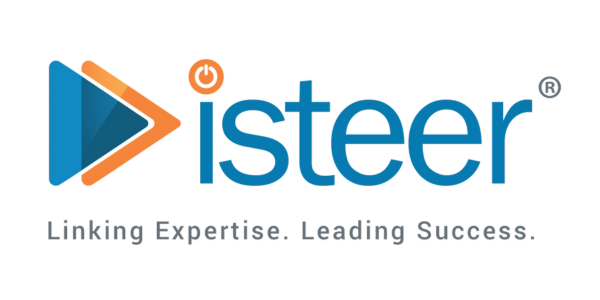Data Analysis and Ethics: It’s everybody’s business!
The world is running on data, and hence data analytics is possibly the most powerful tool that can transform piles of information into valuable insights. Individuals and businesses are enjoying the benefits of data science in a manner that was unimaginable in the past. However, as they say, with great power comes great responsibility, and the role of ethics in data analysis is more crucial than ever before.
As organizations use data analytics to make better decisions, the ethical considerations around the use of data are suddenly what everyone is talking about!
So, what’s with data and ethics? Who is responsible, and who is not?
Responsible data usage is not just a matter of compliance anymore; it’s about fundamental human values like trust and integrity.
The Importance of Ethical Data Use
Data analytics ethics comprises principles and processes that ensure the fair handling of data in a 100% transparent manner. Data analysts and organizations or individuals using data to draw business insights hold the moral responsibility of not engaging in all kinds of unethical uses of data, like data breaches, biased algorithms, and misuse of data with ulterior motives. Unethical use of data can lead to severe consequences, including legal hassles, tarnished reputations, and the loss of customer trust. Therefore, organizations and data analysts must prioritize ethical practices in their data analysis strategies.
Ethical Data Analytics and its Principals
- Protecting privacy is crucial. Hence, implementing robust data security measures to prevent all kinds of unauthorized access is of paramount importance. All data analysts should ensure that all PIIs are anonymized when used in analyses.
- Transparency: Data collection processes need to be completely transparent. The purpose for which the data is being collected, where it will be used, and all possible implications need to be communicated clearly. This allows individuals to make informed decisions about sharing their information.
- Data analysis should be totally unbiased and refrain from making any unfair decisions or discriminating. This includes examining algorithms and data sets with care, eliminating all biases, and taking action to mitigate them.
iSteer’s Commitment to Ethical Data Analytics
At iSteer, we are committed to upholding ethical practices in data analytics. Our actions are driven by our core values, which prioritize transparency and integrity in everything that we do. We employ top-notch security measures to safeguard data and maintain the highest standards of privacy protection. Our data handling processes minimize the risks of any breach and ensure that data is processed, analyzed, managed, and stored with 100% transparency.
All our communications with our clients and stakeholders are open and clear. We leave no room for guesswork, and we provide detailed insights into our data practices upfront.
Ethical data practices are a journey, and we take every care to make them integral to our operations. We conduct regular training sessions for our employees, aligning them with the ethical standards and practices of data analytics.
Conclusion
Data analytics continues to evolve as we speak, and the ethical challenges it presents are also dynamic. Hence, proactiveness is the key. Organizations and individuals need to adhere to principles of privacy, transparency, fairness, and responsibility to maintain integrity at all levels. At iSteer, we are paving the way for a future where data is used for the good of individuals, organizations, society, and the nation.
Together, let’s build a safe, secure, and transparent digital world.
To learn more about data analytics, visit our website https://isteer.com or write to us at: sales@isteer.com







